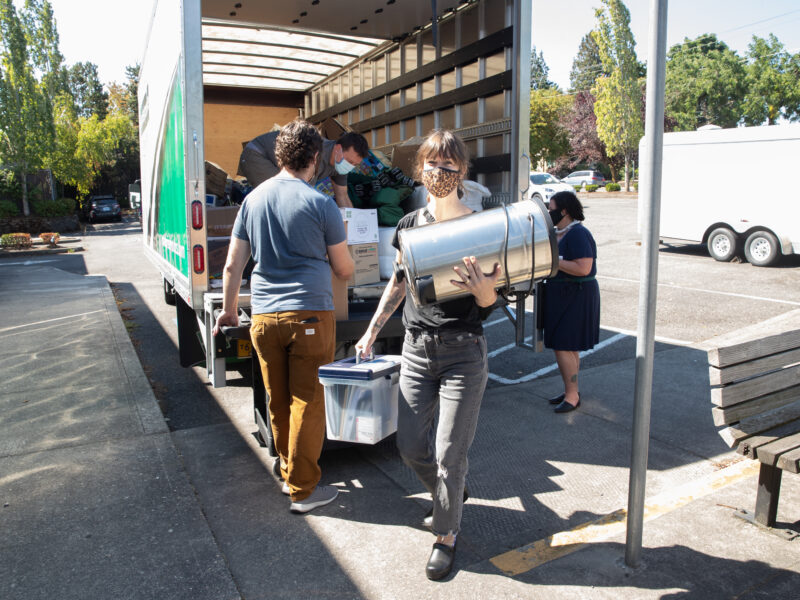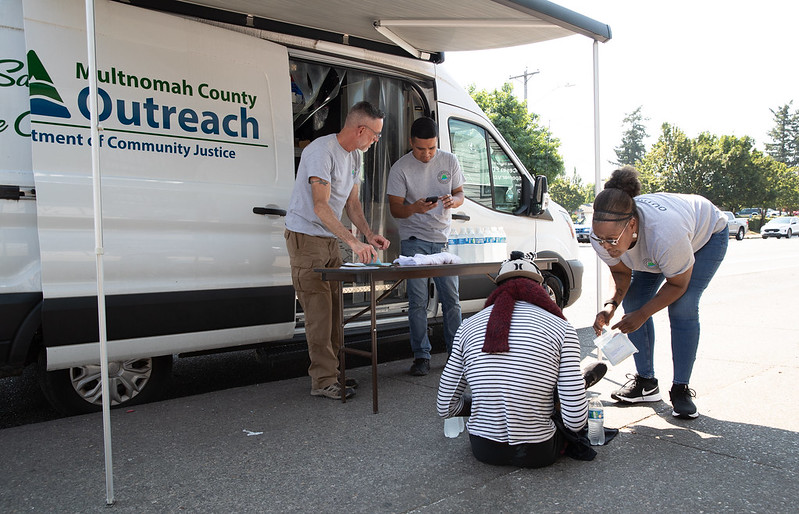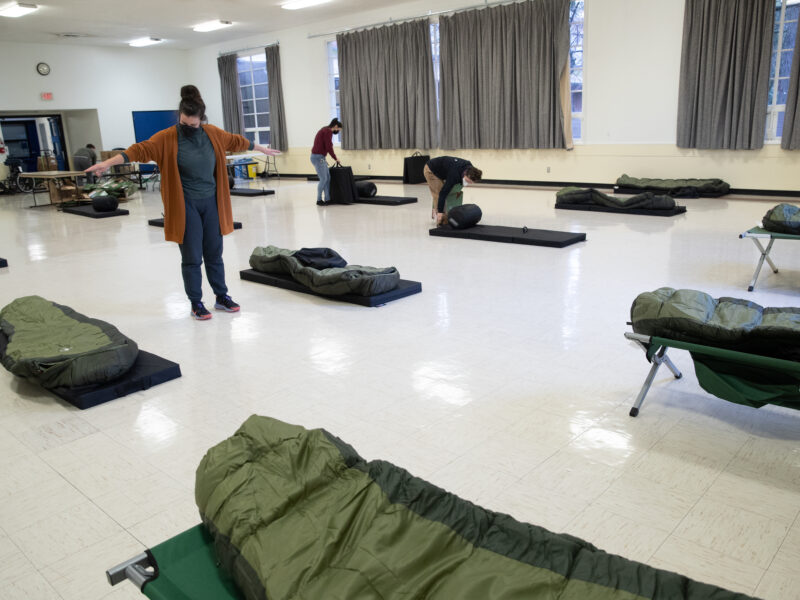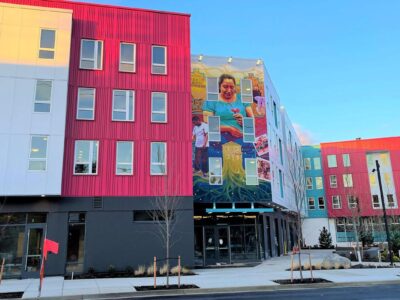Addressing the Homelessness Crisis
What We're Doing
Homelessness Is Preventable
Every year, thousands of people enter homelessness due to factors beyond the JOHS’ control: stagnant incomes, rising housing costs, lack of and access to affordable healthcare, racial disparities, and the trauma left by cycles of poverty. In addition, survivors of domestic violence, youth, and people with untreated behavioral health or substance use issues also faced increased risks.
Until we begin the collective work of addressing homelessness as a community, when people are at risk our contracted services providers can offer the following support services: rent assistance, rehousing servies, shelters, outreach, other emergency services, and finally, retention services, so people remain housed.
Our Mission & Role
We work with community-based organizations and governmental entities to provide participant-driven, coordinated and equity-based services focused on those who are experiencing homelessness or are at risk of becoming homeless.
We are committed to our guiding principles of Collaboration, Equity, Inclusion, Integrity, Creativity, and Quality. Read more about our mission, vision, and values.
The JOHS is not a direct service provider. Our role is to oversee and administer the delivery of services to people experiencing homelessness in Portland and Multnomah County.

Proven Solutions
We believe in evidence-based solutions. We work with partners to provide services and address resource gaps to meet the needs of people experiencing homelessness or are at risk of becoming homeless.
Services include:
-
Rapid rehousing
-
Permanent supportive housing
-
Outreach/navigation
-
Shelter/survival support
-
Hygiene/employment
Our work aligns with Multnomah County’s mission to serve vulnerable populations by providing a safety net of quality services developed using an equity lens and a commitment to social justice.
Street Outreach
Street outreach is a key component of our work at the JOHS. Street outreach consists of workers meeting our neighbors where they are and connecting them to stable housing, healthcare, recovery programs, shelter and essential services, and distributing survival gear. Our street outreach programs help people access both shelter and housing. Outreach workers make regular, repeated contacts with people, helping them overcome barriers to essential services.

Affordable Housing
Any solution to homelessness must include increasing access to affordable housing. Shelters and transitional housing provide short-term support, but they are not enough on their own to end homelessness.
The JOHS supports partners who invest in affordable housing construction. But the JOHS also directly creates affordable housing — in existing homes and apartments — by providing rent subsidies and developing innovations like the Regional Long-Term Rent Assistance (RLRA) program, funded through the Supportive Housing Services Measure.
Supportive Housing Services
Supportive Housing Services (SHS) joins Metro and Multnomah, Clackamas and Washington counties in regional work to reduce homelessness. With Measure 26-210’s passage in 2020, new funds have begun addressing chronic homelessness and improving access to services for communities of color, people with disabilities, low-income households, and others.
Services include:
-
Housing retention
-
Behavioral and physical health services
-
Rent assistance (short- and long-term)
-
Housing placement
-
Shelters
-
Case management
-
Cultural, educational, employment and other supports
Emergency Shelters
Emergency shelters play an important role in our communities in the effort to end homelessness. They provide safe, clean, dry spaces for people to be able to sleep off the street. Intended for short-duration stays, they also offer connections to other resources and housing options. The JOHS is committed to ongoing emergency shelter expansion, including new spaces and shelter models such as motel shelters and shelter villages.






